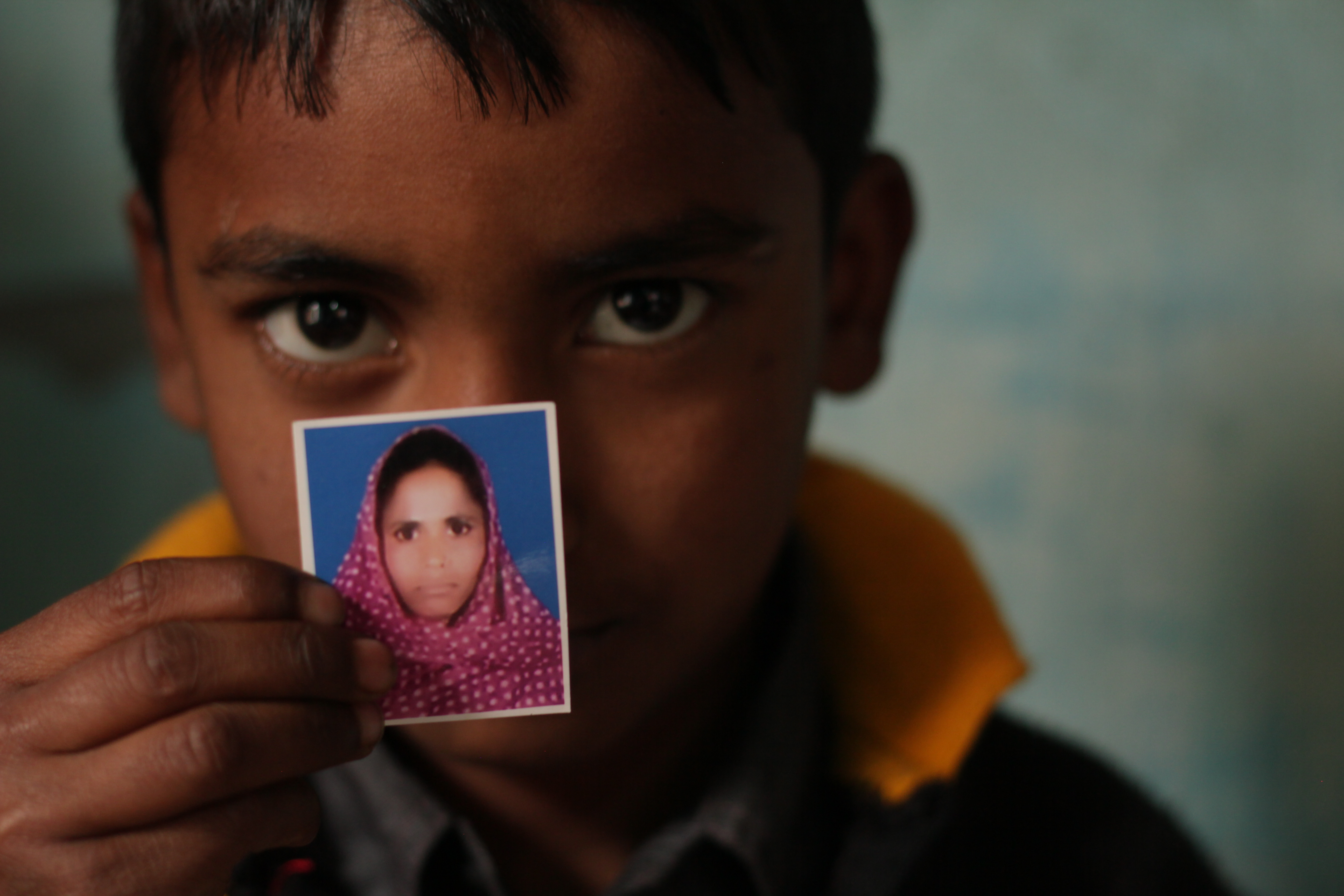Labour migration is a crucial issue for the SAARC region and it directly and indirectly affects rights of workers and rights to social protection, so the SAARC Network on the Right to Social Protection, supported by WSM, jointly drafted this policy paper in Kathmandu on 18th of September 2015.
 |
Migrant workers from Nepal to Gulf States
(c) AWO |
SAARC is due to launch a policy paper on labour migration by beginning of 2016, and has mandated the Nepali government to draft this. SARTUC, which gathers trade unions from the SAARC region, had already initiated a process where per country, all affiliated trade unions drafted a joint position paper on migration. The network based these positions on the common position paper drafted on migration by the Nepali affiliated trade unions as facilitated by SARTUC. During the SARTUC meeting in Sri Lanka 28-29 Sept 2015, this and papers from the other SARTUC countries will be discussed. For Nepal, two members of the network, NTUC and GEFONT, will be attending as well as ANTUF. Seeing the objective is to reach a common position paper for SAARC regarding labour migration, the Network advocates for the following items to be included:
a) Decent living Wages
SAARC invites its member states to include a common decent living income as minimum wage standard, taking into consideration, cf. art. 3 ILO Minimum Wage Fixing Convention, 1970 (No. 131):
- the needs of workers and their families, taking into account the general level of wages in the country, the cost of living, social security benefits, and the relative living standards of other social groups;
- economic factors, including the requirements of economic development, levels of productivity and the desirability of attaining and maintaining a high level of employment.
Seeing these factors, the network endorses 500 USD/month for all workers, while it can be increased regarding the hosting or sending country, specific skills or sectors.
b) Social Security
SAARC invites its member states to include in bilateral labour migration agreements that:
- Hosting countries are to ensure access to Social Protection services in accordance with ILO R202, so that all migrant workers as residents have the same access and quality of social protection services in the hosting countries as nationals;
- Sending countries are to set up and manage Migrant Welfare Funds with contributions for the specific migration related costs, such as repatriation of workers after death or sickness. Both hosting and sending countries shall contribute to the Migrant Welfare Fund, which will be administered by the sending countries’ governments. The management of these national Migrant Welfare Funds will be ensured with the inclusion of social dialogue partners, from the trade unions or organisations which are representative of migrant workers’ interests.
c) Voting rights
SAARC invites its member states to grant and organize voting rights for migrant workers through the diplomatic representations of the sending countries in the hosting countries.
d) Recruitment Agencies
SAARC invites its member states to promote government to government recruiting. Any private agencies or agents have to be registered and meet national regulations and criteria.
The Network on Right to Social Protection is composed out of trade unions, organisations and social movements in India, Nepal and Bangladesh, and is supported by World Solidarity (WSM). Other issues the network focuses on are Decent Living Income, access to social protection for the informal Economy and Access to Health.
 People in developing countries—particularly the agricultural poor—face a host of risks to their lives and livelihoods, including those stemming from globalization, climate change, and weather shocks. These experiences highlight the importance of social protection, which can have a potentially significant impact on reducing poverty and vulnerability when implemented with the optimal design, targets, and resources. Social protection could address the short-term consequences of negative shocks to agriculture, employment, or health, and in doing so could also help to address the medium-term impacts on productivity and income growth.
People in developing countries—particularly the agricultural poor—face a host of risks to their lives and livelihoods, including those stemming from globalization, climate change, and weather shocks. These experiences highlight the importance of social protection, which can have a potentially significant impact on reducing poverty and vulnerability when implemented with the optimal design, targets, and resources. Social protection could address the short-term consequences of negative shocks to agriculture, employment, or health, and in doing so could also help to address the medium-term impacts on productivity and income growth.












































